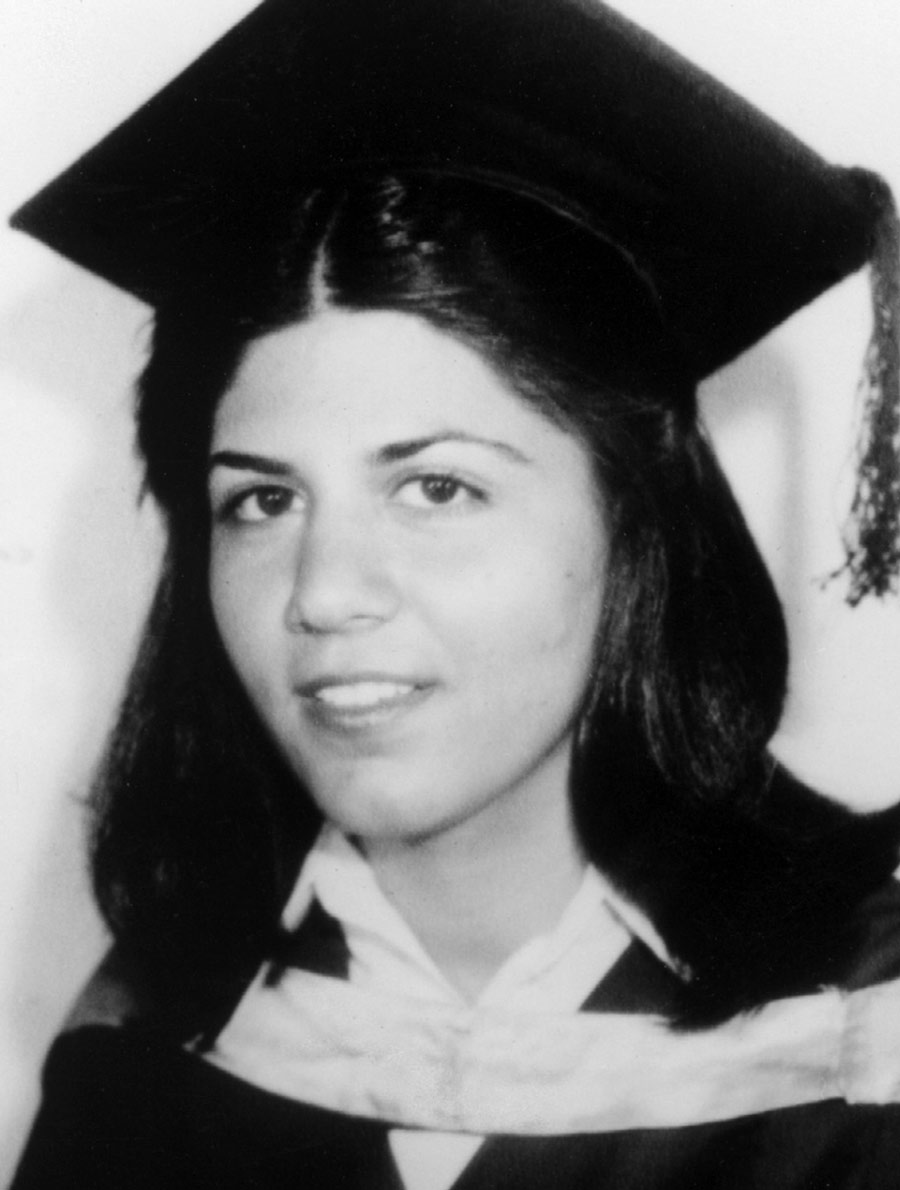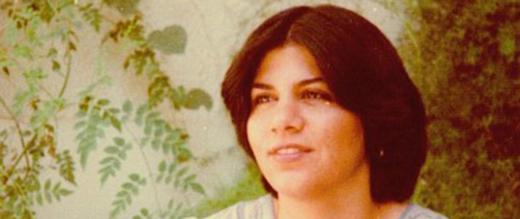The views expressed in our content reflect individual perspectives and do not represent the official views of the Baha'i Faith.
All ten of the Baha’i women who willingly sacrificed their lives for their beliefs anticipated the providence that awaited them.
Shahin Dalvand, called Shirin, was only 25 years old, like Akhtar Sabet who we met in the last essay in this series. She had earned a graduate degree in sociology from the University of Shiraz—and Shirin’s excellent scholarship was at such a high level that, despite knowing she was a Baha’i, some professors dared to quote from her thesis.

Shahin (Shirin) Dalvand
Shirin loved flowers, and when she was free a single blossom or a green leaf could always be found in her room. She also loved the ocean and visited the beach as often as possible.
Her family lived in England, and repeatedly entreated her to leave Iran and its attendant danger for Baha’is and join them. Despite that awareness and the knowledge that she could be free of the prejudice and persecution in her home country, Shirin chose to remain with her grandparents in Shiraz in order to continue her services to the Baha’i community. Her thoughtfulness extended to the families of Baha’i prisoners, as well as those who had already been executed. She made every effort to visit all of them often.
Shirin knew that this association with the Baha’i prisoners could result in her own imprisonment and death—but she did not see that outcome as the final calamity others might have:
My calamity is My providence, outwardly it is fire and vengeance, but inwardly it is light and mercy. Hasten thereunto that thou mayest become an eternal light and an immortal spirit. This is My command unto thee, do thou observe it. – Baha’u’llah, The Hidden Words, p. 15.
As with all the Baha’i prisoners, Shirin was asked at trial if she was really willing to die for her beliefs. The question didn’t faze her. She calmly said that indeed she was ready and that she prayed to God to remain steadfast in her faith if and when the time came. An eyewitness said that her responses to the interrogator seemed inspired.
“Shirin had a generous and sensitive spirit and was calm and content in prison,” a Baha’i woman who was imprisoned with her wrote:
I remember one day in the prison when we were having a meal together, and Shirin told us that it was her birthday, and that the year before her mother had given her a beautiful new dress as a birthday gift, and that this year her gift was to be a prisoner for Baha’u’llah. Since we had nothing else, each of us took a little morsel of food and placed it in Shirin’s mouth, and thus celebrated her birthday. – Persecution of the Baha’i Community of Iran, 1983-1986, compiled on behalf of the Universal House of Justice, in Baha’i World, Volume 19, p. 182.
Basically shy and sensitive, Shirin’s entire character transformed when she was under interrogation. She spoke her mind without fear of the consequences. When asked how long she would resist turning away from her Faith in order to save herself, she said, “Even to death! I hope that God’s mercy will enable me to remain steadfast up to the last breath of my life.”
Shirin’s steadfastness did result in her death. On that terrible June day in 1983, the Iranian government hanged all ten of the Baha’i women prisoners at once. All ten of them had faith in the continuation of their spiritual lives, and all of them recognized their deep sisterhood in life and in death:
… all of you here are sisters. Bodily relationships may pass; even two sisters may be inimical to each other, but the spiritual relationship is eternal, and brings about mutual love and service.
Be always kind to everyone and a refuge for those who are without shelter.
Be daughters to those who are older than you.
Be sisters to those who are of your own age.
Be mothers to those who are younger than yourselves.
Be nurses to the sick, treasurers for the poor, and supply heavenly food to the hungry. – Abdu’l-Baha, Abdu’l-Baha in London, pp. 75-76.

















Comments
Sign in or create an account
Continue with Facebookor